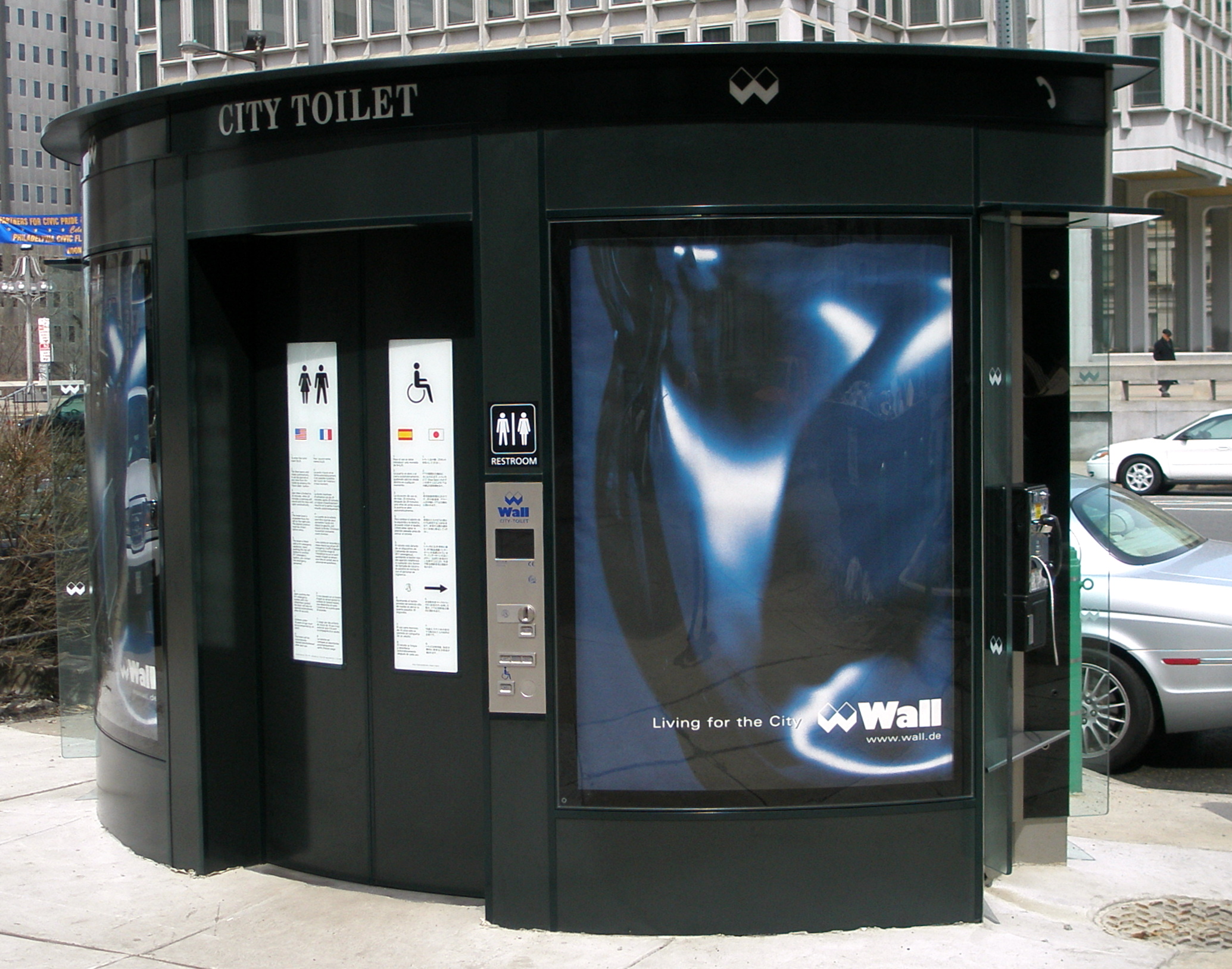CAMBRIDGE, Mass.—We have all been there: You are out on a Sunday afternoon, minding your own business, when suddenly … nature calls. Hopefully you are near a public restroom when it happens, or a business that allows the public to use its facilities. However, most shops ask you to buy something before using the bathroom, if they even have one available to use.
The problem is especially acute for the homeless, who rely more on public restrooms than anyone, according to Zach Kerzee, a member of the organization Advocats for a Common Toilet (ACT).
“It’s the difference between leading a normal life and ending up in jail for public indecency when forced to urinate or defecate outside,” he said.
Cambridge is weighing an initiative to introduce new public restrooms that may help solve this issue for Cantabrigians and visitors alike. For the last year and a half, a body convened by the Cambridge city manager’s office called the Public Toilets Working Group has been analyzing the costs and benefits associated with providing more bathrooms at all hours of the day.
Public bathrooms are common in places like Europe, but they are not usually a part of the United States’ urban landscape. After batting the idea around for nearly a decade within different municipal departments, the Cambridge working group has finally decided to tackle the issue of public restrooms at a time when U.S. cities like Portland and New York City are experimenting with models of their own.
Portland, Oregon has provided the inspiration for one of the more concrete ideas the Public Toilets Working Group is discussing: the installation of a permanent, free-standing public toilet—also known as a “Portland Loo”—in each of Cambridge’s busiest squares.
“Ten years ago, all you had were these freestanding units that weren’t really available for sale, that were funded by long-term contracts with these advertising companies,” said Suzy Feinberg, a member of the working group and a communications specialist for the Cambridge Public Health Department. “It didn’t work out, but a model like Portland’s doesn’t use those kinds of agreements.”
So far, ACT has been able to get the Cambridge City Council and a handful of bureaucrats interested in the project. According to Feinberg, however, the working group wanted more public input before the toilets opened up. Late last year, the city administered an online survey asking what people who live, work and play in the area thought about the idea.
Some 845 people responded to the survey, the results of which were published in February. It showed that two-thirds of respondents have had trouble accessing a toilet at one time or another. Most of that trouble happened in Harvard Square, where the largest proportion of people have had difficulties finding a toilet—understandably since it is the most highly trafficked square in the city.
One of the survey’s goal was to determine whether or not people were aware that many buildings in the city have bathrooms available to the public, including libraries, fire stations and City Hall. Over half of responders said that they were not aware of this, and just 29 percent said that they would be “very likely” to make use of these facilities.
Groups like ACT are now cautiously optimistic that the city will be able to move forward on the project. Since the working group has completed some preliminary site surveys for a Harvard Square toilet in the past year, Feinberg said they will also have to consider some of the detrimental externalities that can accompany an unlocked public bathroom, including drug dealing and prostitution.
“Whether it’s a business or municipality running a public toilet, we know that the biggest issues aren’t about normal use,” she said. “They’re about misuse.”
Robyn Frost, executive director of the Massachusetts Coalition for the Homeless, believes that the potential benefits to the homeless far outweigh the risks. She points to the efforts of groups like the Western Regional Advocacy Project (WRAP) in trying to pass pro-public-bathroom legislation in places like California as an encouraging sign that state and local leaders are starting to take the issue seriously.
“I think everyone can appreciate that if someone doesn’t have a place to go home to then they won’t have easy access to a bathroom,” she said.

Leave a Reply
You must be logged in to post a comment.